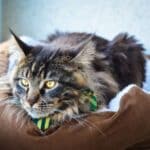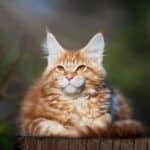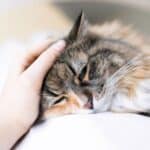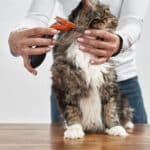You would not seriously think that Maine Coon cats can get Periodontal disease. But, just like with humans, if you do not take care of the gums and teeth, disease happens and teeth get cavities and fall out. Dental work needs to be done routinely on your Maine Coon cat.
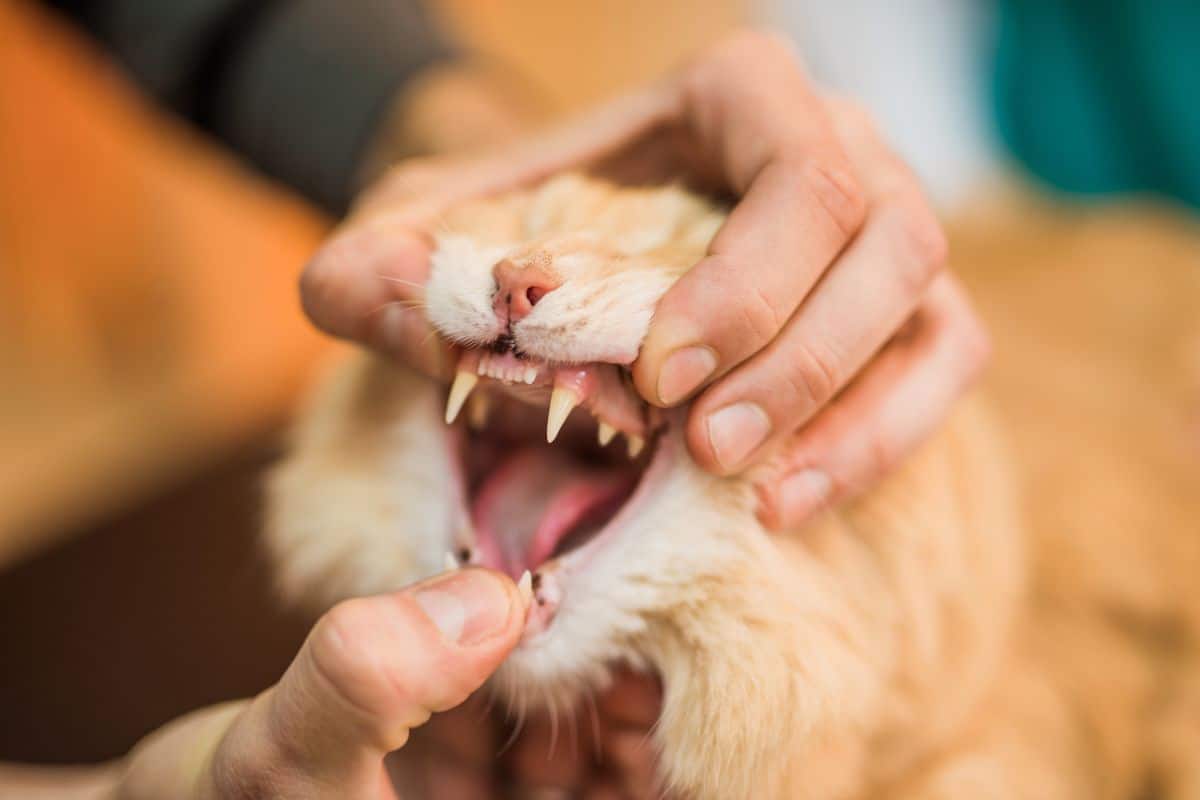
This cat was bred to live in the cold areas of the Northwest. They have the gorgeous long fur that helps keep them warm, they are strong and muscular. They are known as our Gentle Giant of the feline breed. Yet, even they have health problems, including teeth problems.
Imagine how you feel when you have inflamed gums, or plaque build up. It is gross and your food doesn't taste the way it should. However, if you are like some people, you do not brush your teeth and then your gums get worse. That leads to your teeth getting cavities and possibly worse. Infections below the gum line that can lead to abscesses. These are very painful, as many of us know.
Most of us, thankfully, take care of our teeth and none of this happens to us. So why not be sure that your Maine Coon does not have to experience this pain either? When you brush a cat’s teeth three to four times a week, and give them toys or treats that have texture, this will help to keep any plaque at bay. Your Maine Coon will have healthy teeth and gums for a long and happy life.
Jump to:
Common Problems
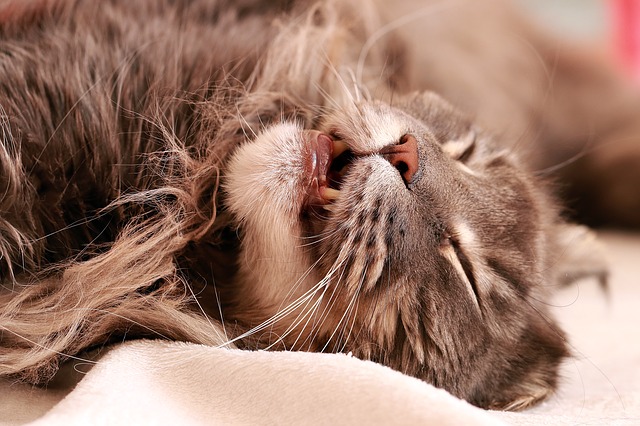
It is quite common for cats to have dental issues. The issues can be anything from mild to severe. Periodontal Disease comes from infections and inflammation within the gums and the bone that is all around, above and below the teeth in the mouth.
No products found.
This includes the jawbone, the whole mouth. The gums become infected, swollen and begin to pull away from the teeth. The gums could even begin to bleed, risking even more infection. `It is believed that 8 out of 10 cats will experience dental problems.
Gingivitis
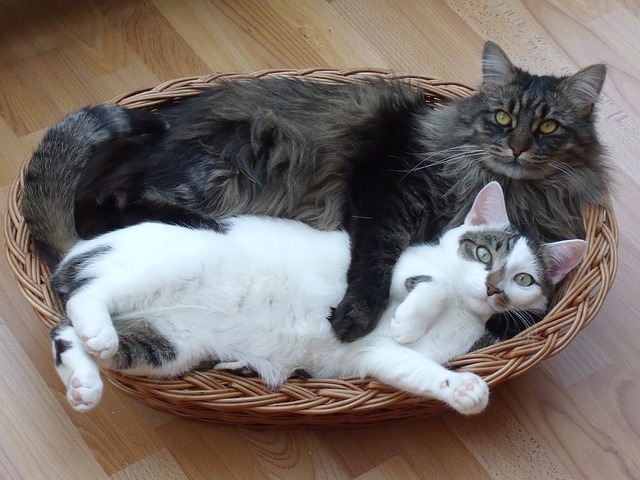
This is an infection in the gums. The gums will become bright red and swollen. They will have an obviously painful appearance to them. This happens when the plaque builds up on the cat’s teeth. Plaque is bacteria. When it gets too built up, that is when the inflammation happens.
Periodontitis
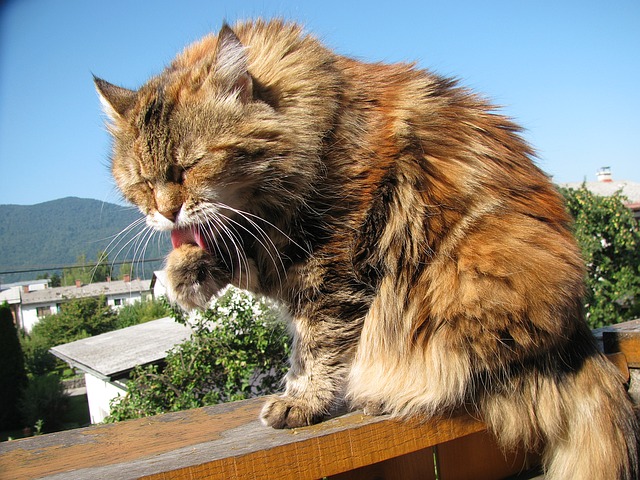
Gingivitis is the issue that leads up to Periodontitis. When gingivitis gets severe due to the lack of brushing the teeth, the gums become so inflamed that they start pulling away from the teeth and the jawbone. The jawbone then becomes weaker and weaker. The Maine Coon cat will start to lose interest in eating, loss of appetite and even chronic bad breath.
Stomatitis
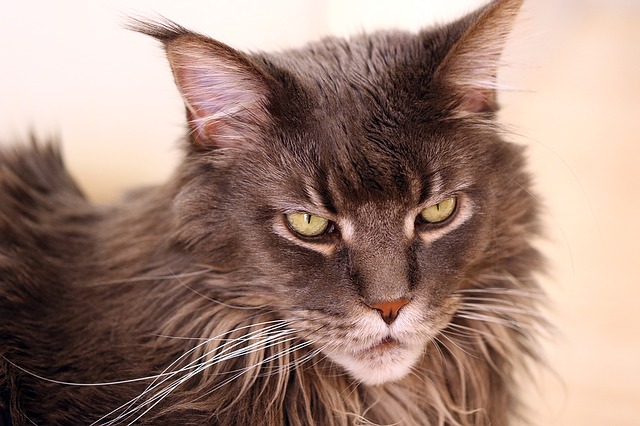
When the gingivitis and periodontitis become so severe, stomatitis develops. Stomatitis is caused by an advanced immune response to a major gingivitis and periodontitis that is all throughout the mouth. The gums can become even more swollen with sores and lesions developing along the gums.
Tooth Resorption
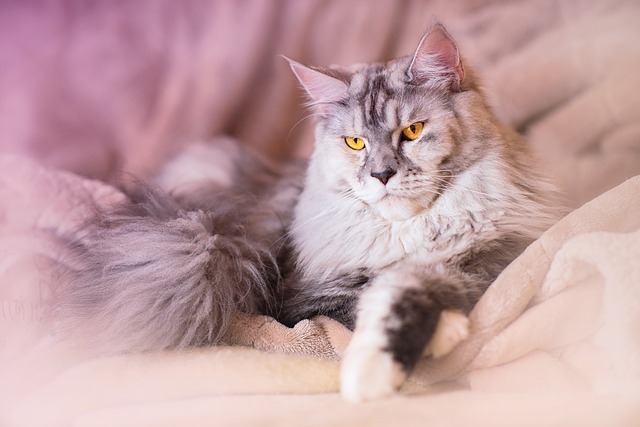
This can happen due to gingivitis, periodontitis or stomatitis, or it can happen for no obvious reason. This will also have many lesions along the gums. Resorption is when the tooth breaks down in small parts and is reabsorbed by the cat’s body.
What Can Be Done
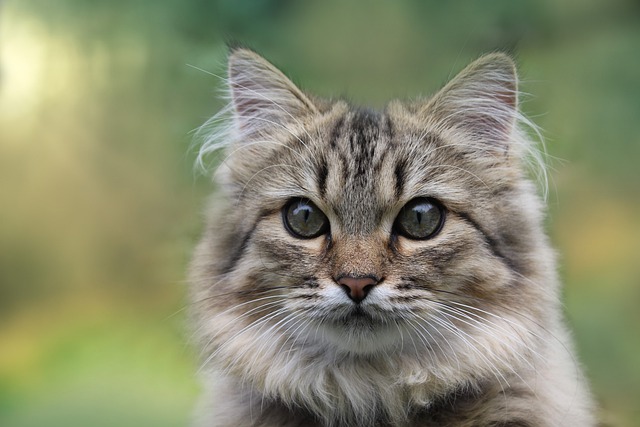
First, let it be known that gingivitis can be reversed. This involves a thorough routine of brushing the Cat’s teeth. Once the gingivitis moves into the periodontitis the Maine Coon will have to be sedated by the veterinarian and the teeth will need to be scaled.
This means that the teeth need to be scraped. The Maine Coon will also need to be put on an antibiotic or a corticosteroid medication. When the teeth have gotten to the tooth resorption point, it will likely be suggested that tooth extractions take place to remove the bad teeth. As with any issue, the best care is to prevent the issue from happening. In this case, begin a tooth brushing routine as soon as possible when the cat is young.
No products found.
The Maine Coon should actually have their teeth brushed at least two to three times a week. The brushing will help prevent periodontitis and some very expensive dental bills for your Maine Coon. The Maine Coon is prone to dental issues, as are the other breeds, but more so the Maine Coon.
Dental care such as brushing your cat’s teeth can help to prevent plaque buildup. You can brush a cat’s teeth by using a soft bristled toothbrush, a finger toothbrush, and a cat toothpaste. You will also want some butter. The butter is helpful to begin the process and get the cat used to the idea of teeth being brushed. Since cat’s do like butter, they will allow the butter in their mouth, on the toothbrush or finger toothbrush.
Obviously, not all cats will adapt to having their teeth brushed. Some will likely fight it every step of the way. To prevent such trauma to both the Maine Coon and you, look instead, for chew toys and treats that will help clean the cats teeth as they chew on the treat or toy. The texture of a chew toy helps to remove the plaque.
Ways To Spot Dental Issues
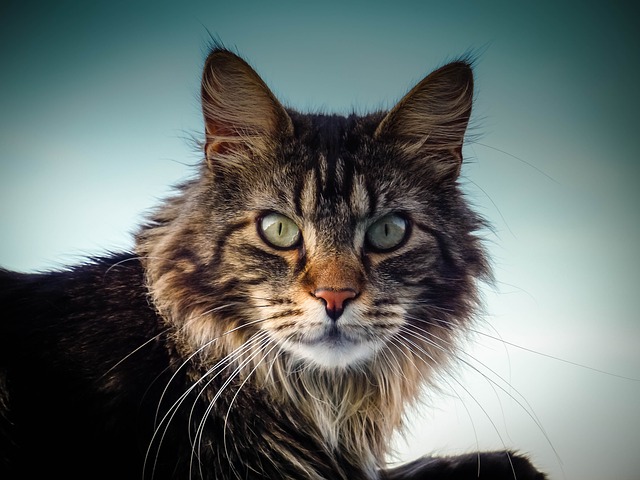
A cat that has dental issues may experience pain, or they will just give different signs that something is wrong. Some of these signs include but are not limited to:
- The cat may begin to drool
- He or she may tilt the head in order to eat
- May drop food each time they get a mouthful
- You may hear a slight cry when they are eating
- They might have horrendous smelling breath
- The gums may be red and inflamed
- You may hear them grinding their teeth
If you are spotting your Maine Coon behaving strangely or exhibiting these signs, any of them while eating. Check their teeth. You may need to brush them more frequently. You may also need to make a visit with the veterinarian for a dental workup for your Maine Coon. Hopefully, the dental work is spotted before any extractions need to be done.
You may be wondering what happens if the Maine Coon needs to have one or more teeth extracted. The cat will live a long and happy life with no teeth, as long as she or he can eat soft food. There are some cats who struggle but still prefer dry cat food when they are missing teeth. I suppose since we know they can be stubborn, they really are a lot like humans. The Maine Coon does have a mind of its own and will do what it puts his mind to.
Periodontal disease is not something minor. Whether it is humans or animals, it can become extremely serious and affect the health of each one. Your Maine Coon does not need to be subjected to this needlessly, all it takes is brushing the Maine Coons teeth three to four times a week. Making sure they get routine check ups that include oral examination, to ensure that no dental work needs to be done.
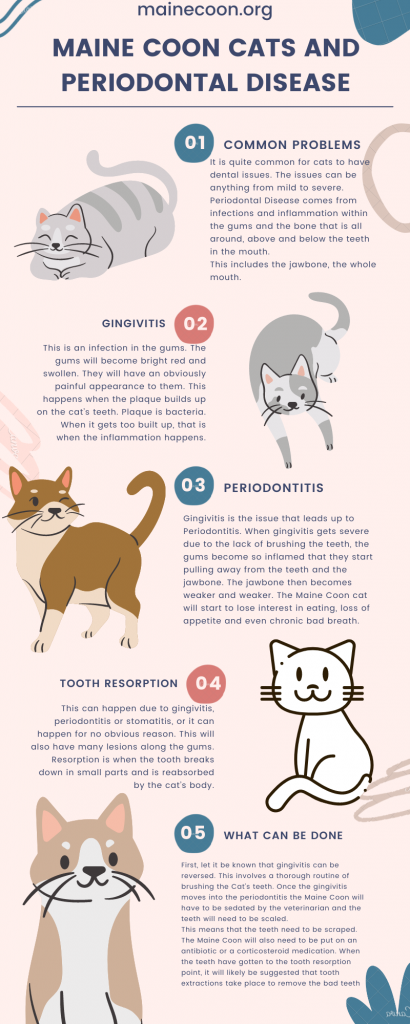
Conclusion
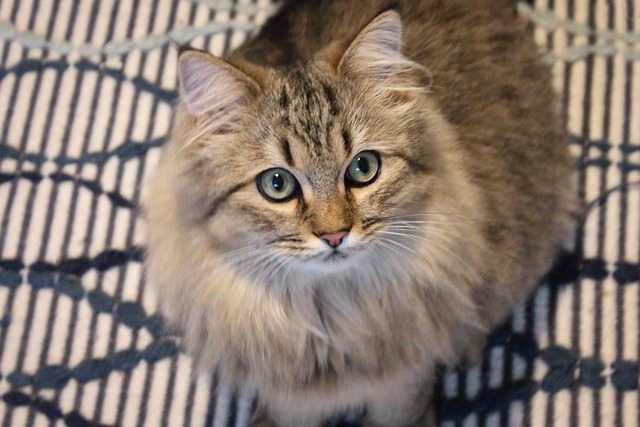
There are many who have no idea how to go about brushing an animals teeth. You are not alone. There is help though. There are videos that can be found all over the internet that will show you how to do them properly. Your veterinarian will also be able to show you or at the very least explain to you how it is done.
Also available throughout the many markets are cat foods that are designed for oral mouth care, and cleaning the teeth, there are also treats that are crunchy and textured that will help to remove plaque off of the Maine Coon cat’s teeth, as well as many other animals. The point is the owner needs to be responsible for their pets.
If you are unable to brush the teeth or help your cat, please make an appointment with a feline dental professional or your veterinarian and ask for help. The pain of infection and cavities is hurtful to humans and we make the appointment to get our teeth fixed immediately. The Maine Coon or other cat cannot do that without your help. Watch your cat’s dental hygiene just as much as you do all other health issues of your Gentle Giant. This will help them be a happier cat, more playful and loving to their human.
There really is no reason to not care for your animal’s teeth. When you do no, the animal gets some pretty bad smelling breath, and when you have a Maine Coon who likes to cuddle, the last thing you want is to smell some horrid breath with those cat kisses. Do the right thing, and if you can’t then go to the vet who can brush the Maine Coon cat’s teeth and ensure that all the dental health is in proper order.

